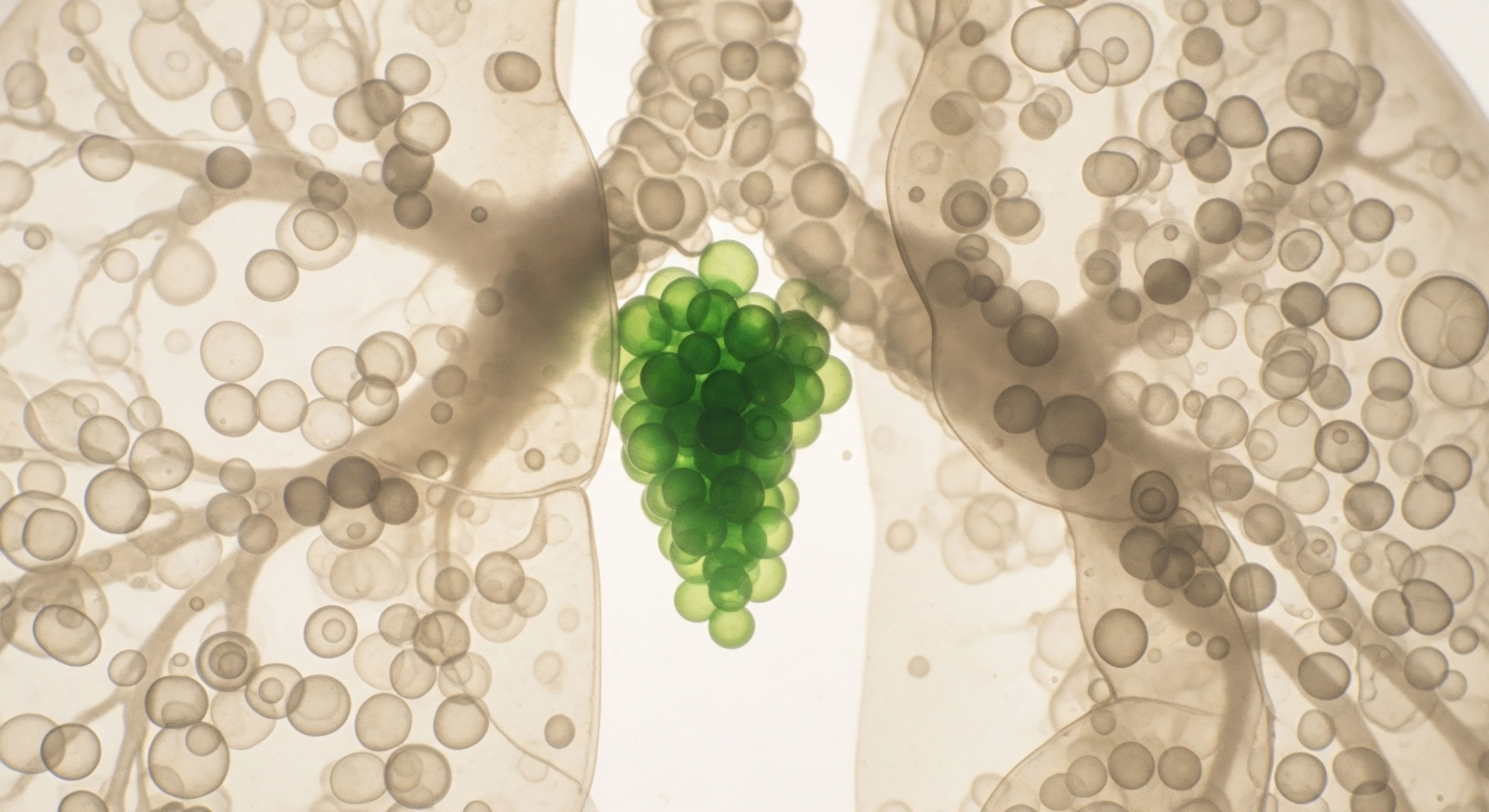What Are the Long-Term Immunological Consequences of Low-Level Endotoxin Exposure?

Chronic low-level endotoxin exposure reprograms the immune system toward a state of tolerance, reducing inflammation but impairing host defense.
HRTioAugust 2, 2025

